Most controversial food brands across Australia
What’s in a name? A lot. Especially when you’re caught up in a race row, as the makers of Red Skins and Chicos found out this week. But they aren’t the first or the last.
Food
Don't miss out on the headlines from Food. Followed categories will be added to My News.
- How you can stop a food crisis bigger than COVID-19
- Divorce discounts offered to save Aussies $20,000
Confectionery giant Nestle this week joined a growing list of brands rethinking their marketing in the wake of the Black Lives Matter protests.
The company announced it is changing the name of its Allen’s brand Red Skins and Chicos lollies because of their racial overtones.
Redskin is a slur used to describe Native Americans, while chico – Spanish for boy – is considered offensive to Latin-Americans.
“These names have overtones which are out of step with Nestle’s values, which are rooted in respect,” the company said in a statement.
“While new names have not yet been finalised, we will move quickly to change these names.”
The move prompted widespread debate with some arguing the popular lollies had become victim of the cancel culture epidemic. One Nation leader Pauline Hanson called it “pathetic”.
Nestle aren’t the only company to succumb to public pressure.
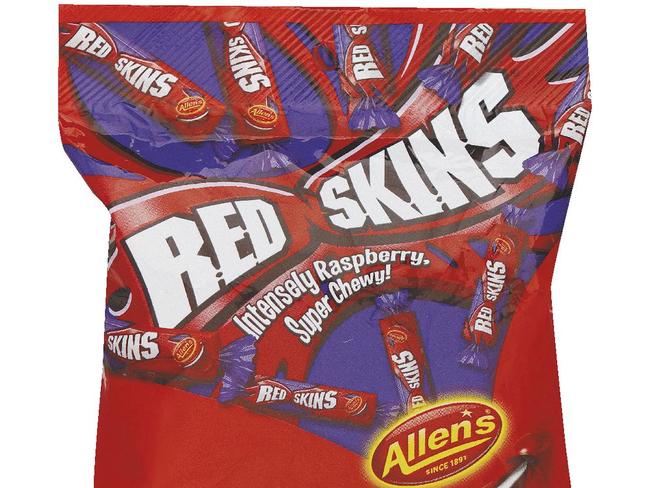
See who else has faced controversy over the years in Australia:
ESKIMO PIE
The makers of Eskimo Pie ice-cream last week announced they would undergo a name and marketing change “as part of a wider review”.
The treat, created by sweets shop owner Christian Kent Nelson in 1920 after seeing a boy struggling to decide between an ice cream or a chocolate bar, was initially named “I-Scream Bar” before “Eskimo Pie”.
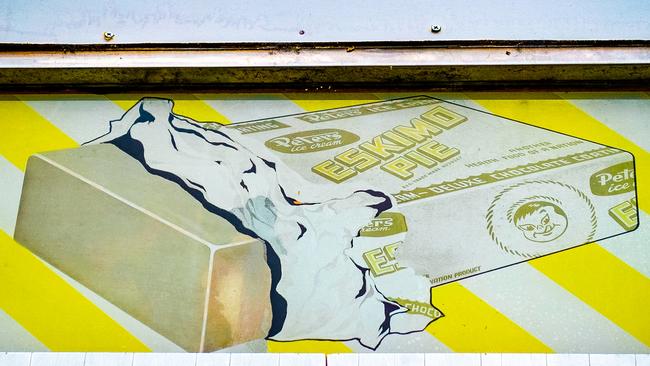
Forward decades later and the company acknowledges the term is considered offensive to natives of the Arctic regions as it was widely used by non-native racists.
“We are committed to being a part of the solution on racial equality, and recognize the term is derogatory,” said Elizabell Marquez, head of marketing for its parent Dreyer’s Grand Ice Cream, the US subsidiary for Froneri, in a statement.
“This move is part of a larger review to ensure our company and brands reflect our people values.”
The changes are set to come into effect by the end of the year and the company will also cease using the Inuit character in the ice cream’s marketing material.
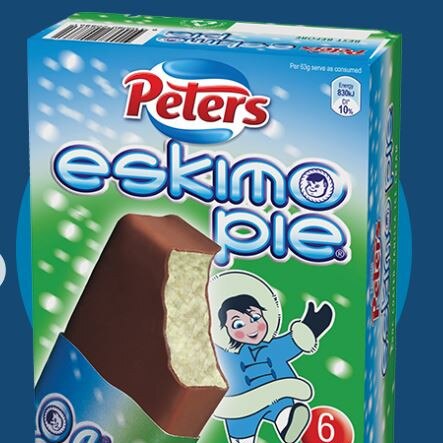
COON
A post earlier this month by comedian Josh Thomas on Twitter of a pack of Coon slices with the caption “are we still chill with this?” sparked renewed calls to rename the Aussie cheese brand.
The term “coon” is a derogatory word used to describe black people.
Removing the Coon name would be a small change, Thomas said, that would “communicate that we see them, understand their pain and respect them”.
But the cheese is actually named after its American creator, Edward William Coon, who patented a method, known as the Cooning process, for fast maturation of cheese.
The company said in a statement: “The Coon Cheese brand name recognises the work of Edward William Coon, who patented a unique ripening process that was used to manufacture the original Coon Cheese.”
For now, Coon stays put.
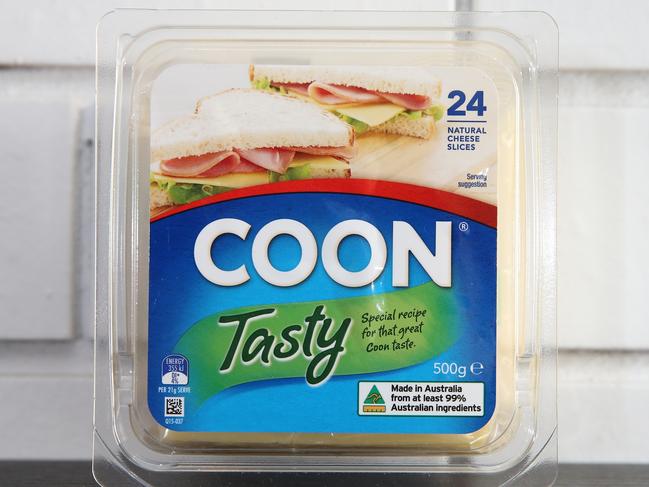
FAGS
The candy cigarettes, produced since the 1930s, caved in to pressure in the mid-1990s at the height of powerful anti-smoking campaigns.
Fyna Foods changed the name to FADS, while keeping the package design the same.
The company also removed the red tips to further disassociate itself from cigarettes.
At the time, the company’s managing director was quoted as saying the fake smokes were “just a fun confectionery” and the need for a name change was “bureaucracy gone mad”.
In the 2000s the company also changed the design of the packaging artwork and the name to FADS Fun Sticks.
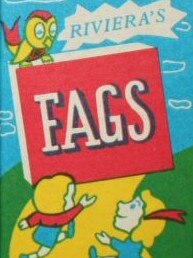
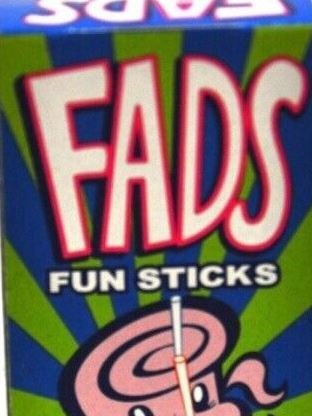
GAYTIME
The double-meaning in Gaytime has long been a subject of debate.
The ice-cream was created by Streets in 1959 at a time when the word ‘gay’ as a sexual orientation was not around. So it was plainly about fun.
Even the gay community is said to have embraced the slogan “it’s hard to have Gaytime on your own”.
In New Zealand the ice cream is called a “Cookie Crumble”.
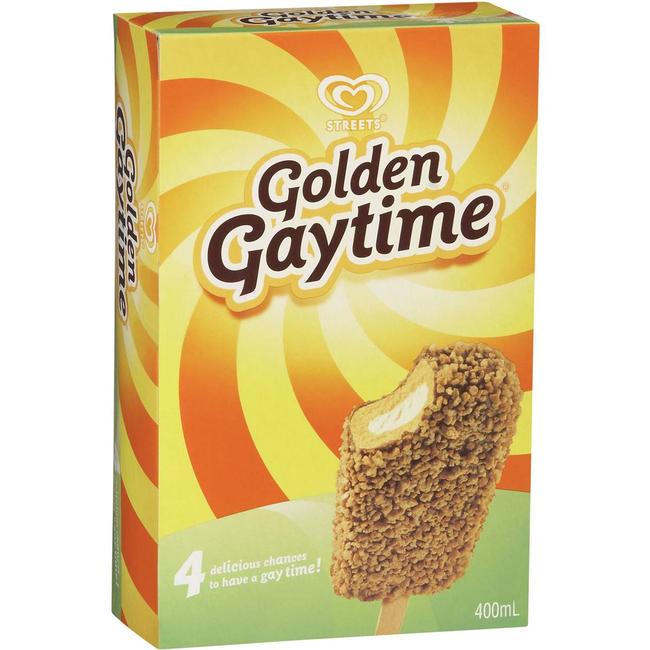
COCO POPS
Kellogg’s has been called out on why the popular chocolate cereal is promoted with a monkey, while its white-coloured stablemate Rice Krispies has three fair-skinned characters.
“Coco Pops and Rice Krispies have the same composition (except for the fact CPs are brown and chocolate flavoured),” former British MP Fiona Onasanya wrote in a tweet directed at the brand.
“So I was wondering why Rice Krispies have three white boys representing the brand and Coco Pops have a monkey?”
Kellogg’s said it stands in support of the black community and it was important discussions are raised to improve racial equality.
“The monkey mascot that appears on both white and milk chocolate Coco Pops, was created in the 1980s to highlight the playful personality of the brand,” the company said in a statement.
“As part of our ambition to bring fun to the breakfast table, we have a range of characters that we show on our cereal boxes, including tigers, giraffes, crocodiles, elves and a narwhal.”
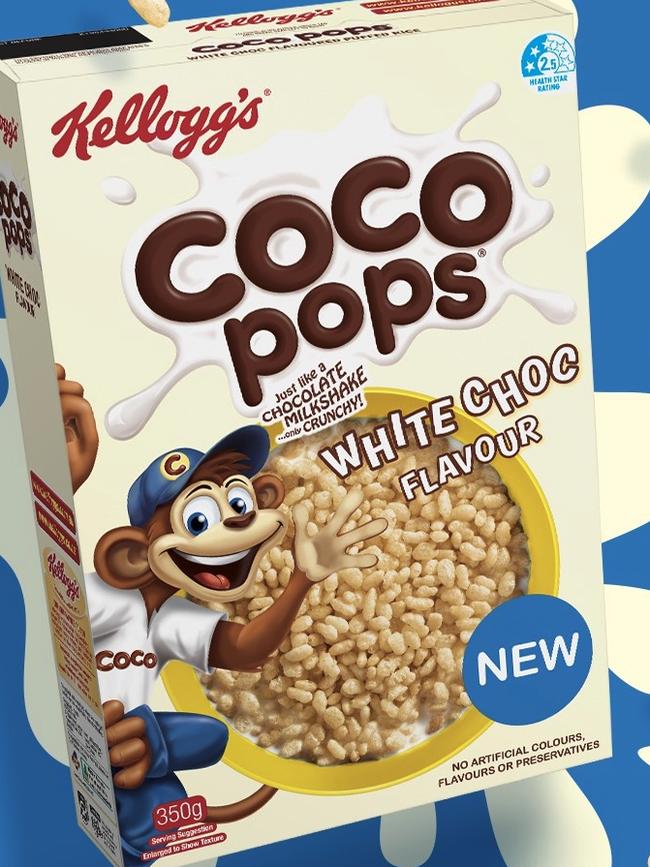
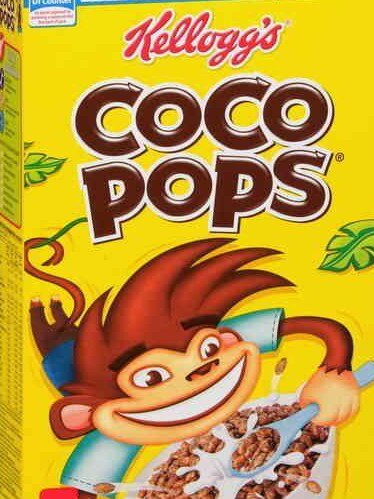
GOLLIWOG/SCALLIWAG BISCUITS
These biscuits were first sold in the 1960s and were made in the shape of the Golliwog toy which was popular at that time.
The name was changed to Scalliwag in the mid-1990s.
However the biscuits remained in the shape of a Golliwog and the product was discontinued by the late 1990s.
Golliwogs went out of favour around the world in all kinds of commercial areas, from toys to children’s books to foodstuffs as they have been perceived as being inherently racist.
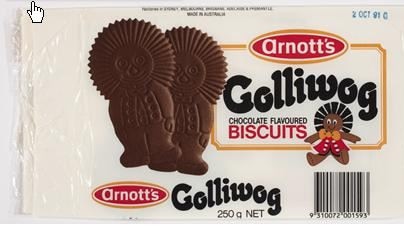
CREOLE CREAMS
Coles home brand of the Oreo became the centre of public controversy in October 2009 when Sam Watson, deputy director of the Aboriginal and Torres Strait Islander Studies Unit at the University of Queensland, accused the biscuit name of being racist.
The word Creole can be used to describe a person of mixed European and African or Afro-Caribbean heritage.
Watson was quoted at the time as saying: “The word Creole comes from a period when people’s humanity was measured by the amount of white blood they had in their bloodstream … . This is the same kind of thought that underpinned horrific regimes like the Nazis …”.
Coles maintained their support of the brand, citing this as the first time the issue had ever been raised and that the biscuits had been named after the creole cuisine style.
The biscuit was discontinued within three months of the complaint.
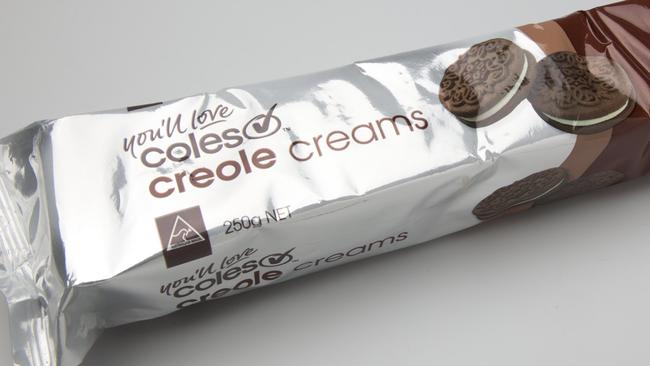
N****R BOY LICORICE
N****r Boy Licorice was produced through the 1950s and 60s by the National Licorice Pty Ltd, a company in the USA with a branch in Caulfield, Victoria.
Many brands used the word ‘N****r’ to sell and promote products during the 1950s and 1960s including N****r Brown Shoe Polish.
The White Australia policy that was in place until 1966 fuelled the ignorance.
Fortunately it was discontinued in the 1960 as the US Civil Rights Movement gained momentum in Australia.
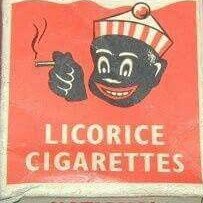
- AP , Museums Victoria
